Author – Natalia Buravtsova
Publishing house “MAK-Workshop of Natalia Buravtsova”
Includes:
– transformation field (29 x 42 cm, thick paper, lamination),
– methodological description (12 pages),
– 10 instruction cards (10.5 x 14.8 cm).
Brief description:
The technique is aimed at awareness and correction of negative money scenarios and the formation of constructive behavioral strategies.
The work includes 9 stages , each of which contains instructions describing the topic and algorithm of work (instructions are presented on separate cards).
The goals and objectives of the work, tips and examples are given in the methodological description.
The technique can be used in individual and group work.
Working with the methodology involves 5-6 hours of group work or 4-5 sessions of individual work.
Group work consisting of 4-8 people is most effective.
Detailed description:
Each of us has our own an idea of what financial well-being is and how to achieve it. But it cannot be achieved with one wave of a magic wand.
This is the path that you will have to go through, gaining important life experience…
Projective transformational game technique “JOURNEY TO FINANCIAL WELL-BEING” is a psychological tool aimed at:
– the formation of effective money thinking and effective strategies for behavior in situations uncertainty;
– correction of destructive monetary attitudes and scenario decisions;
– formation and development of personal activity and responsibility when making important financial decisions,
– awareness and development of personal resources that contribute to the achievement of significant monetary goals.
The most effective way is to work sequentially with each stage, but (depending on the client’s request) it is possible to use a specific stage as a separate technique.nbsp;nbsp;nbsp; nbsp; nbsp;
Transformational tasks of each stage:
Stage 1. The journey begins. Tasks:nbsp; clarification of the initial life position of the participants (client); ideas about financial well-being; goals and intentions, experiences and expectations associated with the trip; identification of basic monetary attitudes that participants had at the time of starting work.nbsp; Stage 2. Shipwreck. Objectives: clarifying participants’ reactions to stressful situations; correction of destructive monetary attitudes; working through unconscious monetary attitudes.
Stage 3. Landing on the island. Objectives: development of adaptation resources and self-acceptance.
Stage 4. Meeting with the aborigines. Objectives: development of flexibility in monetary thinking, formation and development of adaptability in various financial situations.
Stage 5. Test. Objectives: elaboration and correction of unconscious attitudes and strategies of money thinking.
Stage 6. Festival of money ideas. Objectives: development of creativity in monetary thinking and constructive interaction in the implementation of business ideas.
Stage 7. Back on the ship. Objectives: development of self-understanding, restoration of resource status, development of personal activity.
Stage 8. Tree of financial success. Objectives: planning future business projects.
Stage 9. Life lessons. Objectives: awareness and acceptance of insights that arose during the “journey”; clarification of life goals and values.
The application of the methodology involves the use of metaphorical associative cards.
Recommended sets: “Luggage: financial scenarios” (author N. Buravtsova); “Allegories” (author N. Buravtsova), “Nonimals” (author N. Buravtsova); “Money Deck” (author: Yu. Evsyukova, N. Gerasimova); “The World of Money” (author A. Maksimov); “Money request” (author E. Baksan); any other similar MAC sets.
“JOURNEY TO FINANCIAL WELL-BEING” is an opportunity to analyze very serious things in a relaxed, unusual way and with a certain amount of humor and draw important conclusions.
The technique will become a reliable assistant for both beginning gaming practitioners and psychologists-consultants, as well as for specialists who want to expand their range of psychocorrectional models used.
nbsp; “JOURNEY TO FINANCIAL WELL-BEING” is an opportunity to be relaxed, unusual and analyze very serious things with a certain amount of humor and draw important conclusions.








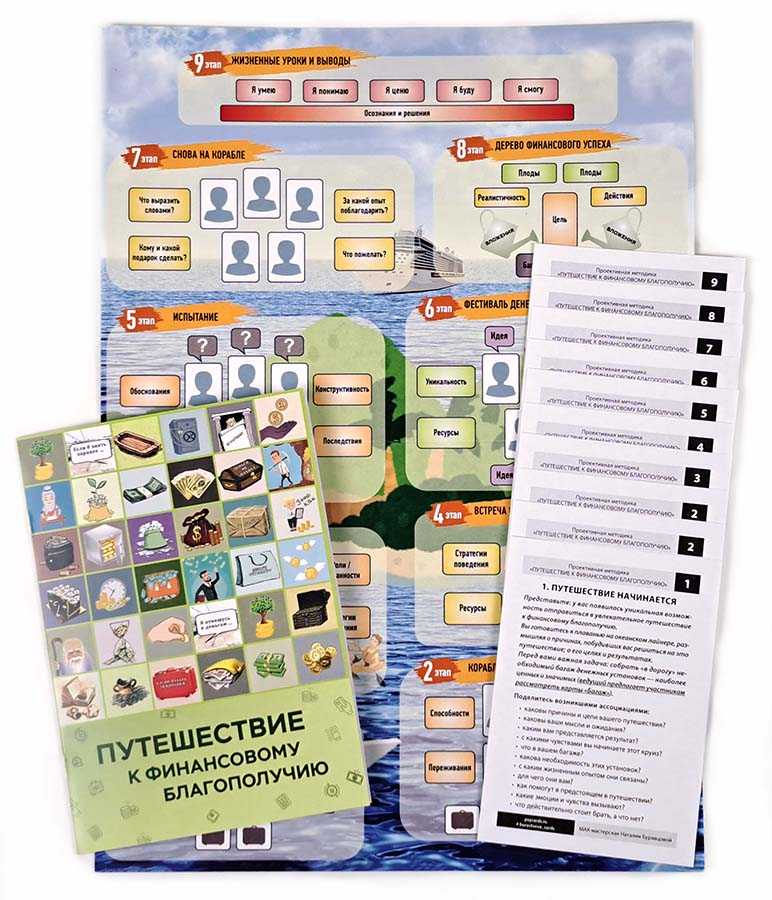
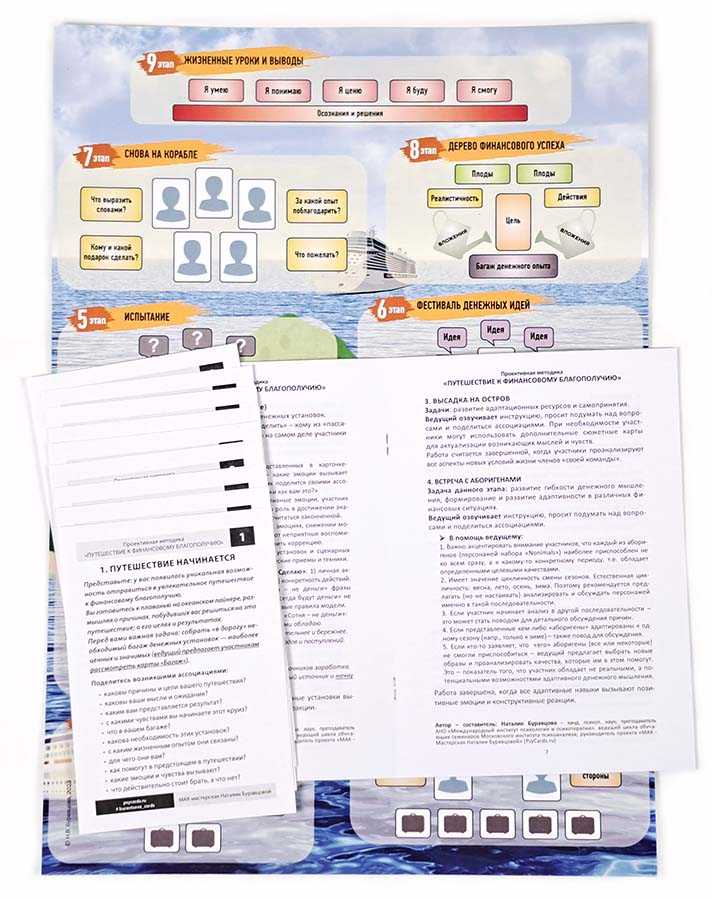
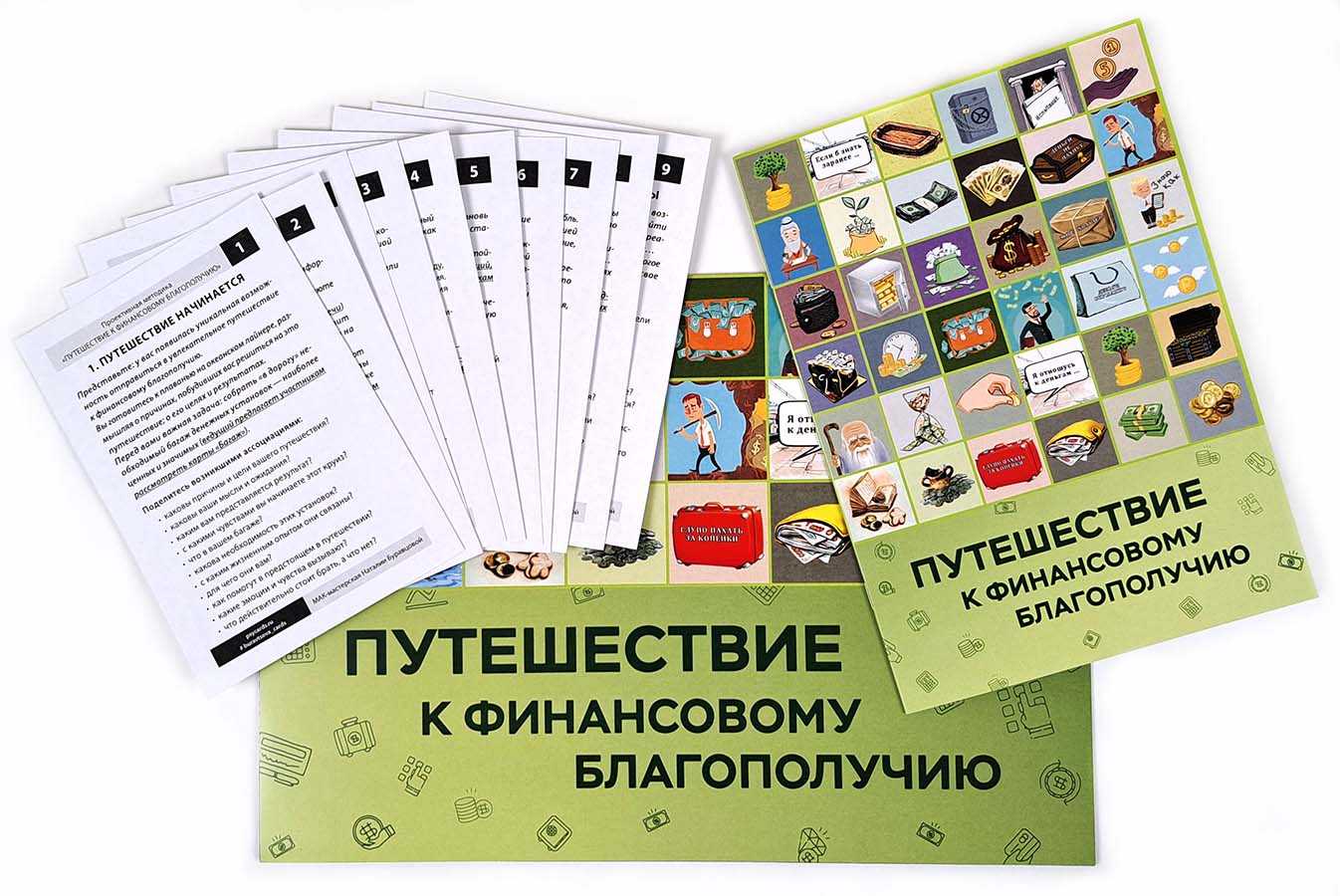
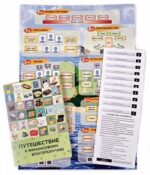
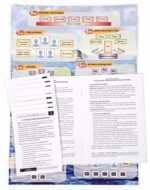
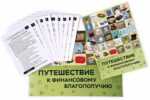
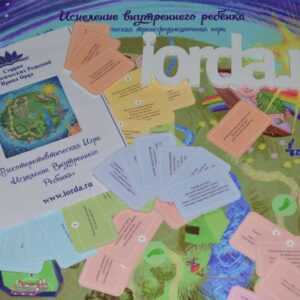
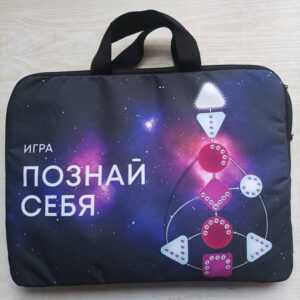



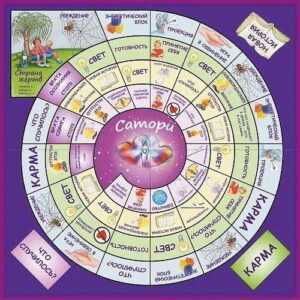
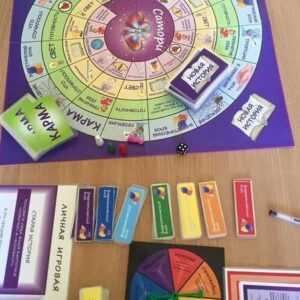

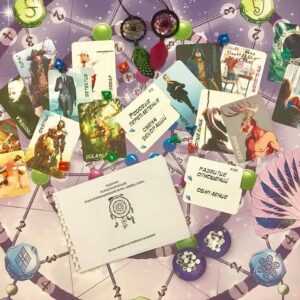
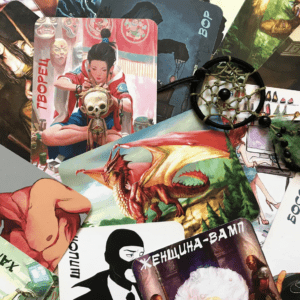
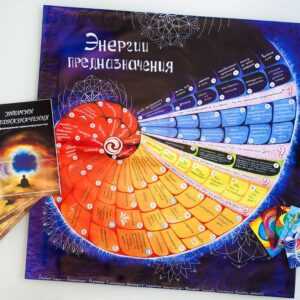
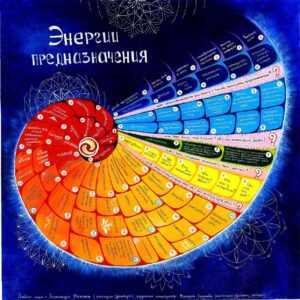
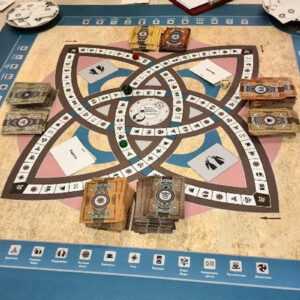
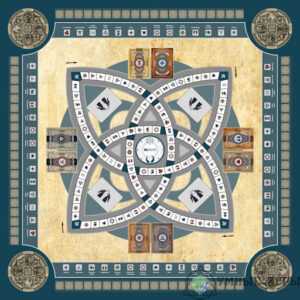
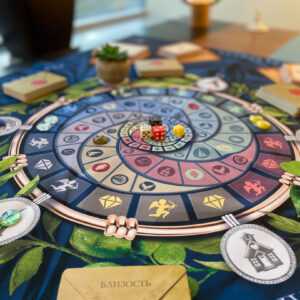
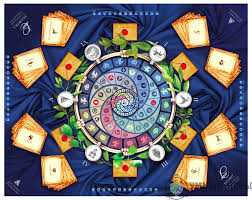
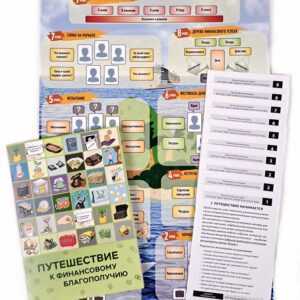
Reviews
Clear filtersThere are no reviews yet.